Despite being one of the biggest land animals,
camels are docile animals that are pretty friendly to humans, and they make really good pets.
They can also easily carry an extra two hundred pounds and can walk about twenty miles a day through the harsh desert climate.
They were mainly active in North America around ten million years ago, but their useful abilities allowed them to migrate and spread across the globe. In ancient times, merchants took camels through desert commercial roads, selling various goods to every corner of the world, making the goods flow faster and connecting different civilizations and cultures with each other. And in today’s world, they have become a good partner for people who want to challenge themselves and go on adventures.

A camel is tall, with a small head and a long neck. It is resistant to hunger and thirst. Its greatest ability is to never get lost, and it is good at “sniffing” water sources several kilometers away in the vast desert.
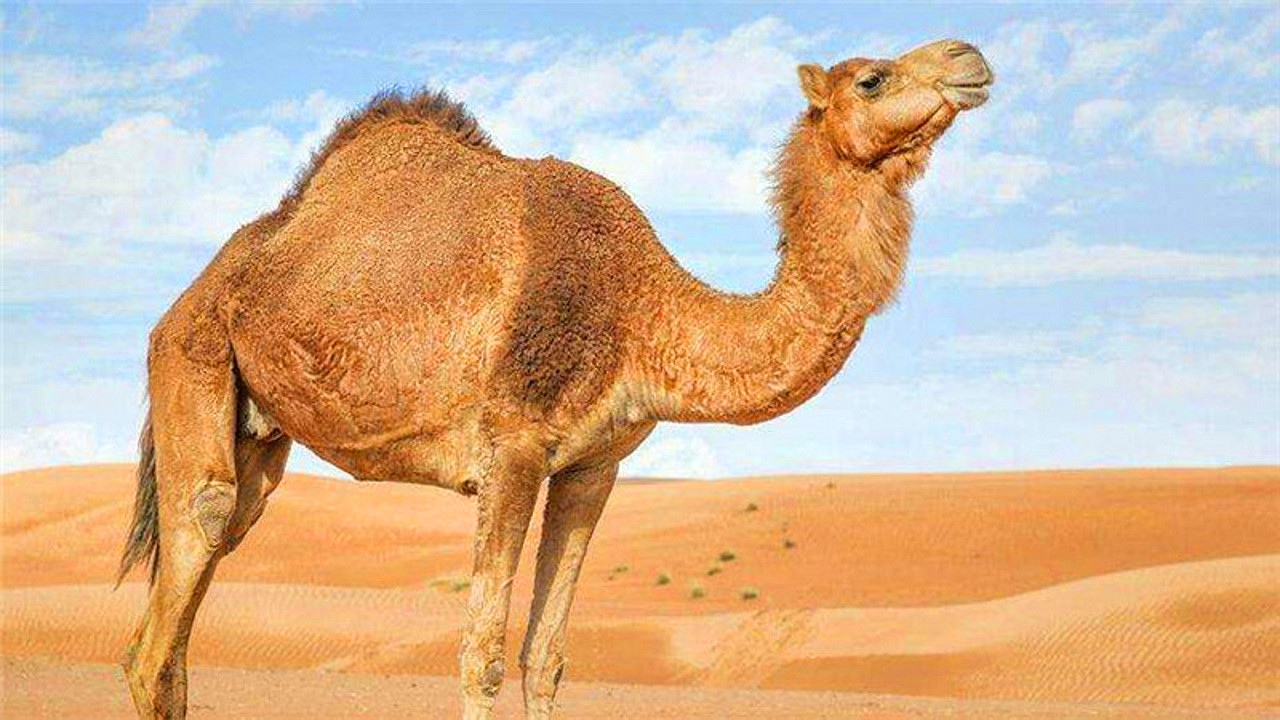
For thousands of years, the camel has been an indispensable animal in the history of human transportation. It can not only carry goods on the uninhabited desert or rugged mountain roads, but also lead people in the desert. It is important in the desert. “Transportation”.
Camel known as the ship of the desert
Camels are mainly divided into dromedaries and bactrian camels. The former is suitable for cold climates and the latter is suitable for desert climates. Bactrian camels are also called “big summer camels”. Due to the indiscriminate hunting and killing of humans, wild dromedaries are currently on the verge of extinction, and the number of wild bactrian camels is becoming scarcer.
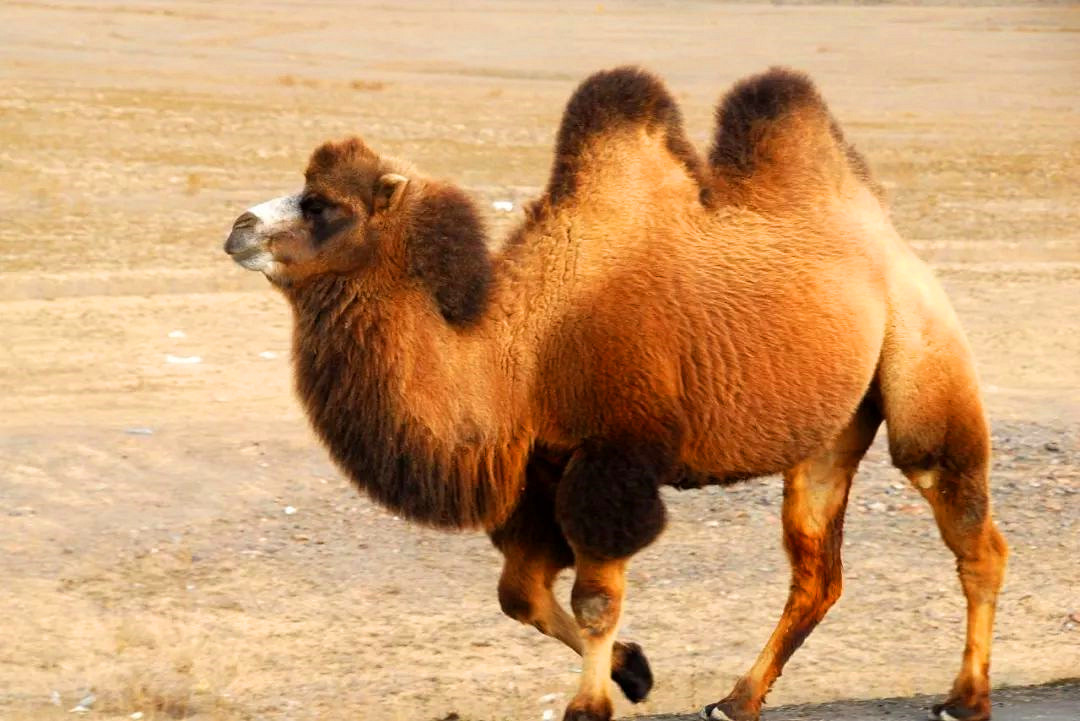
The vitality of the camel is very tenacious, even if it does not eat or drink for a few days, it will not be life-threatening. In the absence of water, the camel can still survive for two weeks, and without food, the camel can continue to survive for a month.
This is mainly because camels can drink a lot of water and store it. They can drink 100L of water in one breath and restore their previous normal weight within a few minutes.
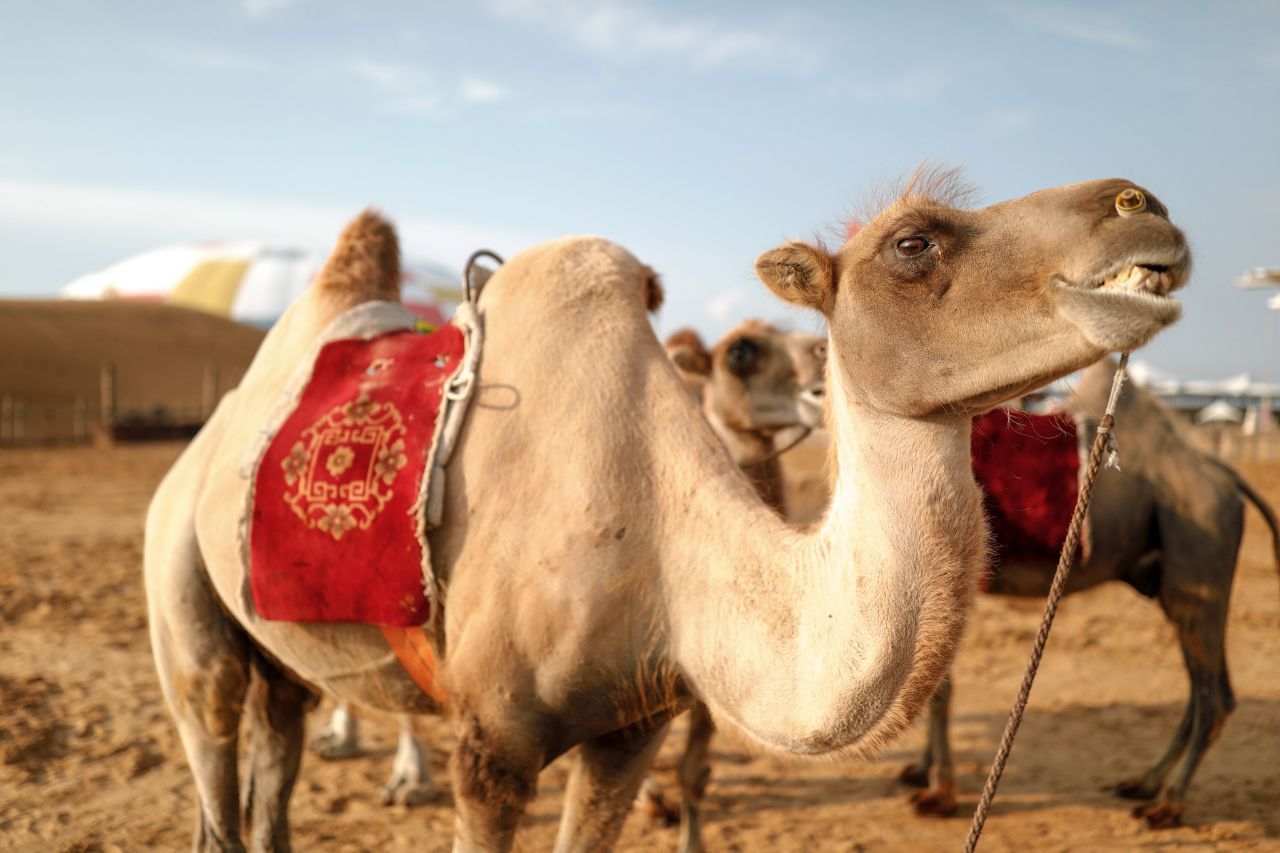
Many people mistakenly think that the high hump on the back of a camel is full of water. In fact, what is stored in the hump of a camel is not water, but rich adipose tissue. In the harsh desert, the reason why the camel can not eat for a few days is because the fat in the hump maintains its body functions.
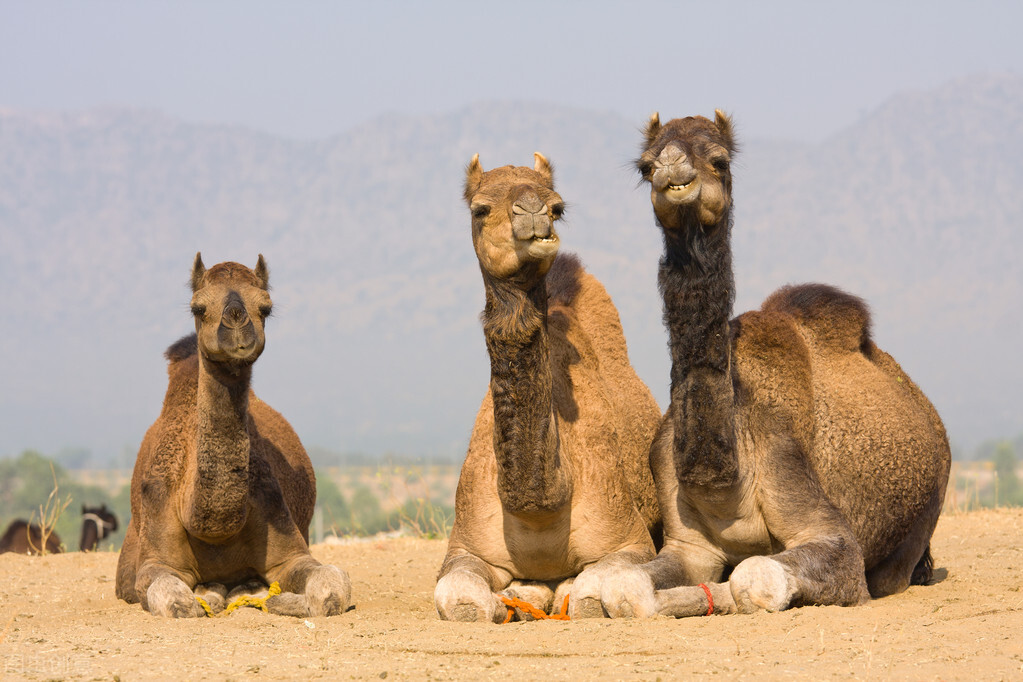
So, where do camels store water? The camel’s stomach has three compartments. The first compartment has 20-30 hydras (pāo). The water the camel drinks is stored in the hydra, and its blood contains a highly concentrated protein. The water is quickly transferred to the blood. Store it up.
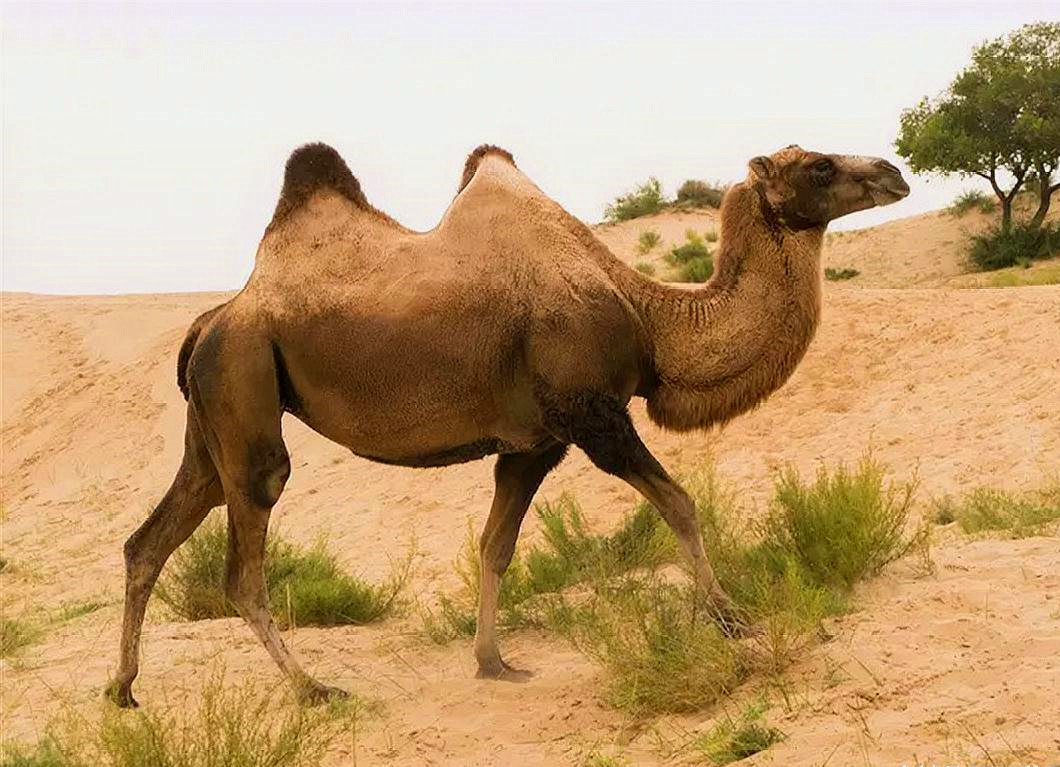
These special physiological functions make camels resistant to hunger and thirst. In addition, due to the special structure of the mouth, camels can eat almost any plant in the desert, even thorny plants can be swallowed in one mouthful.
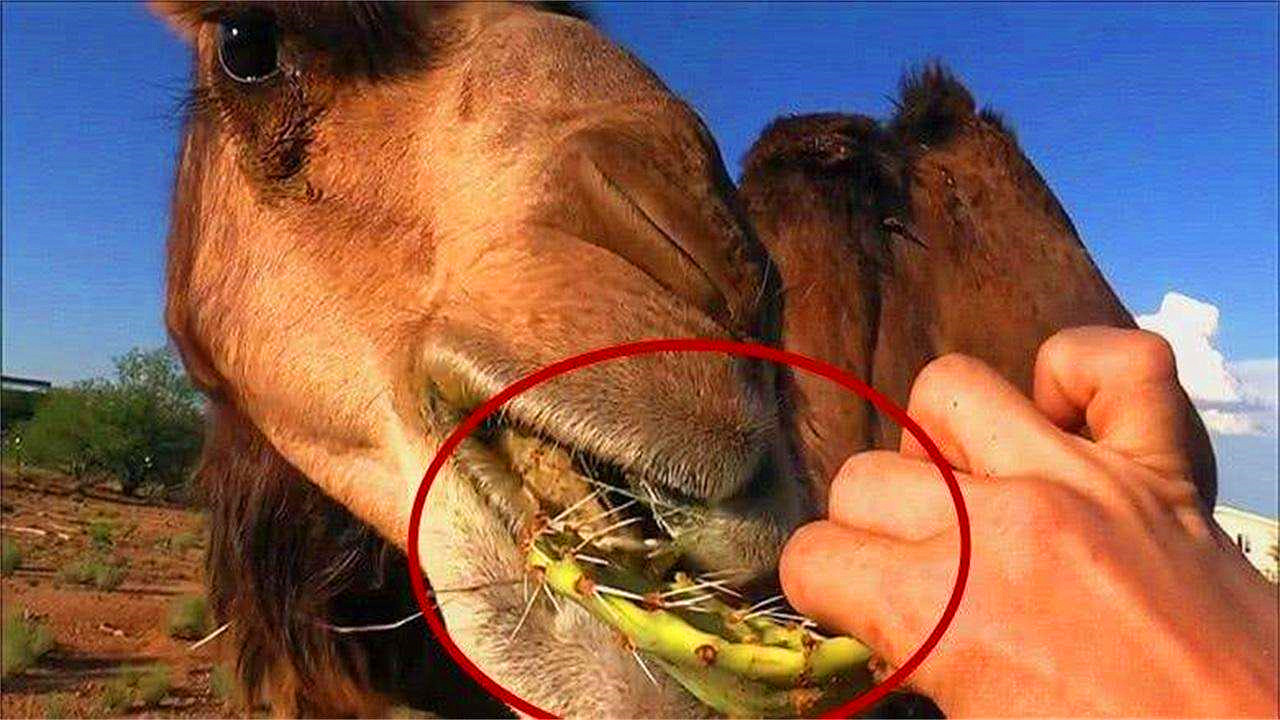
When resting, re-ruminate the food that was swallowed in a hurry, and then chew and swallow it into the second stomach repeatedly. When there is no food and water for a long time, the fat in the hump will be consumed to convert it into nutrients and water to replenish the body, and the hump will gradually become dry.
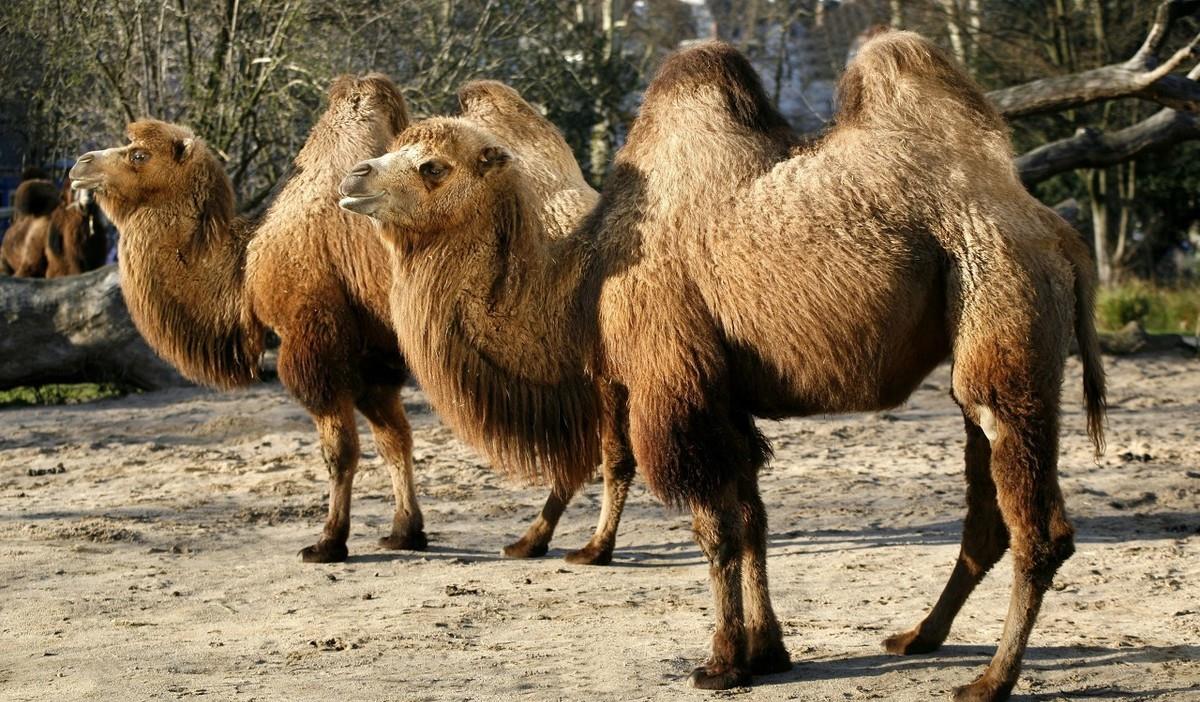
An adult camel can carry hundreds of kilograms of cargo and can walk dozens of kilometers a day. The docile camel is called a “ship in the desert” and enjoys the reputation of a “boat in the desert.”

However, if you encounter a dead camel during your trip, it is best to stay far away. The dead camel’s body is equivalent to a “biochemical weapon”, which is not alarmist.
Beware of dead camel corpses
Most of the dead camels encountered in the desert died from accidents or diseases. After the camel died, the microorganisms in the body did not die. The bacteria that multiplied from the inside began to decompose the carcass of the camel, and the carcass quickly decayed.
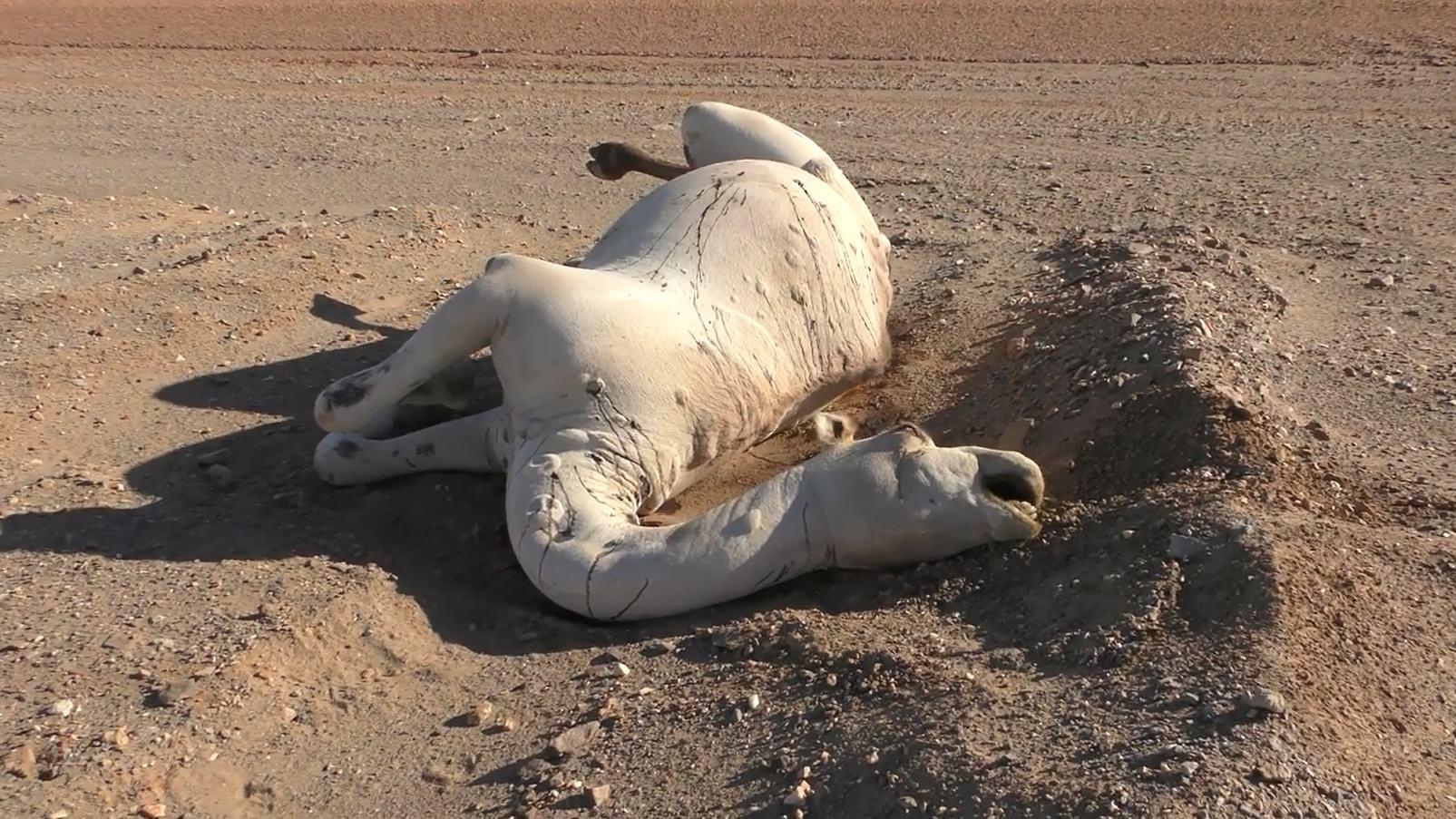
Under anaerobic conditions, the fat in the camel’s body will turn into carbon dioxide, methane, and organic acids, and the protein will be decomposed by microorganisms to produce toxic gases such as ammonia, and the water inside will multiply a large number of bacteria.
Therefore, the water in the carcass of a camel is not edible. If it is drunk, it will cause dehydration in the human body. In severe cases, it will cause poisoning and threaten life.
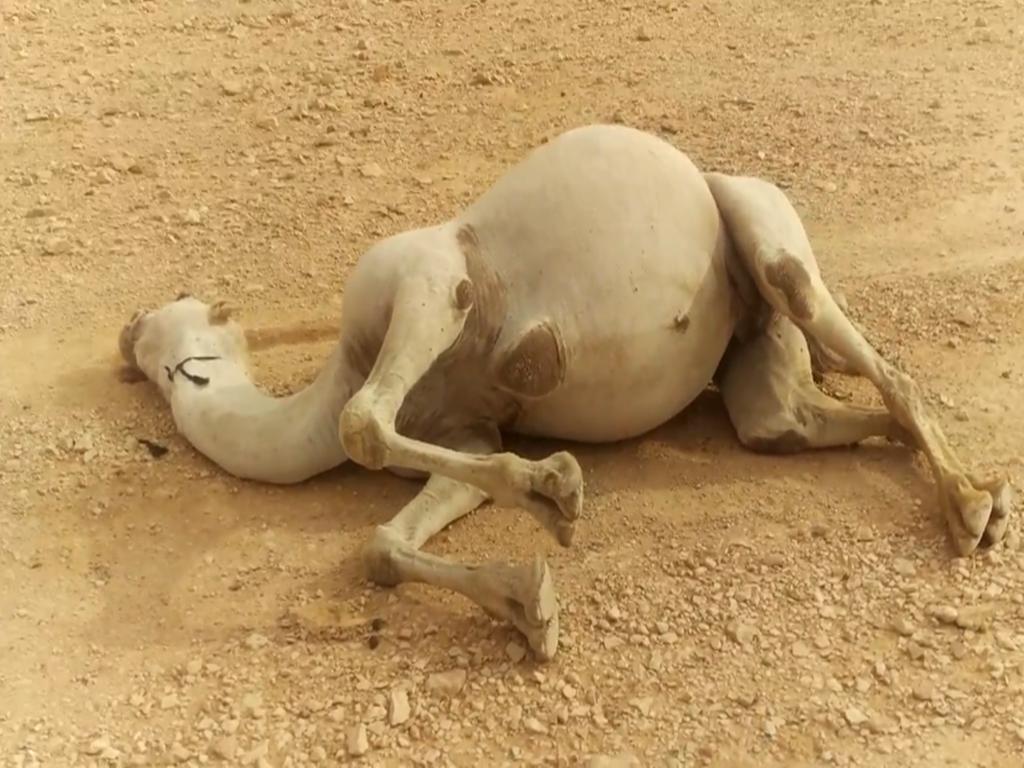
The hot and dry desert environment is more conducive to the reproduction of bacteria. The corpse decays very quickly. The thick skin traps a large amount of gas in the body. As time goes by, the internal pressure becomes higher and higher, and the corpse continues to expand. Just like a “time bomb”, it may explode at any time.
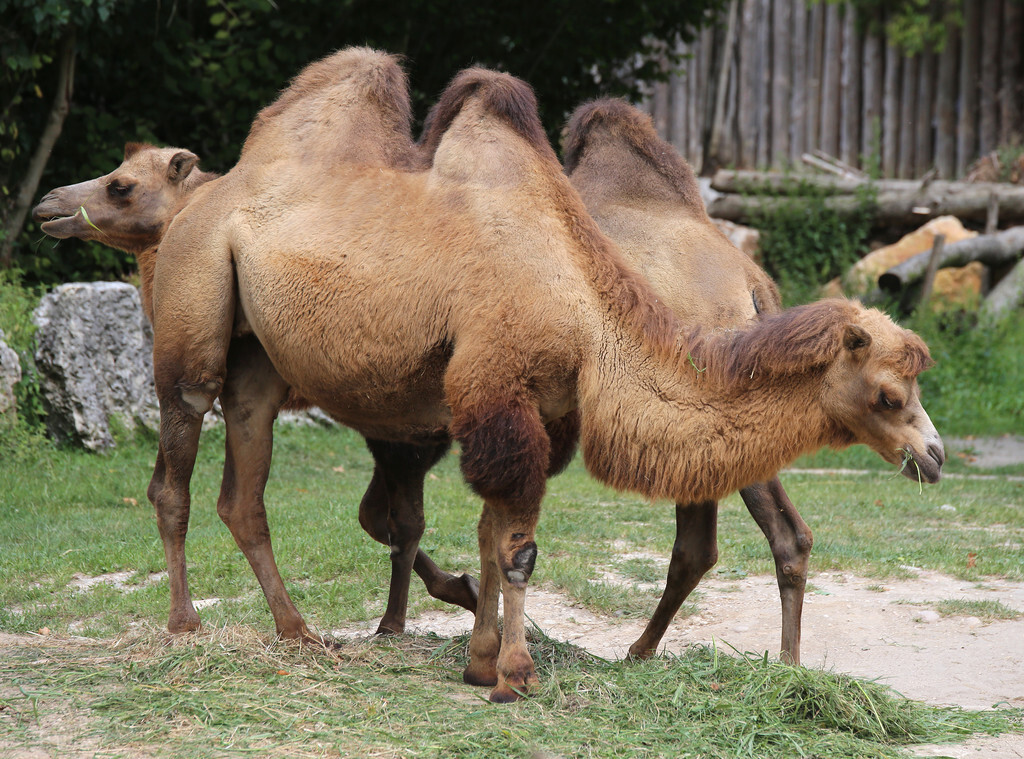
Once the corpse explodes, the poisonous gas and plasma inside will splash next to the corpse, which is almost like a “biochemical weapon” to the surrounding creatures.
The high level of corruption inside the camel carcass is extremely stinky. What’s more frightening is that the rot contains a lot of bacteria and viruses. They can enter the human body through the human mucosa or damaged parts, causing bacterial and viral infections and threatening human health.
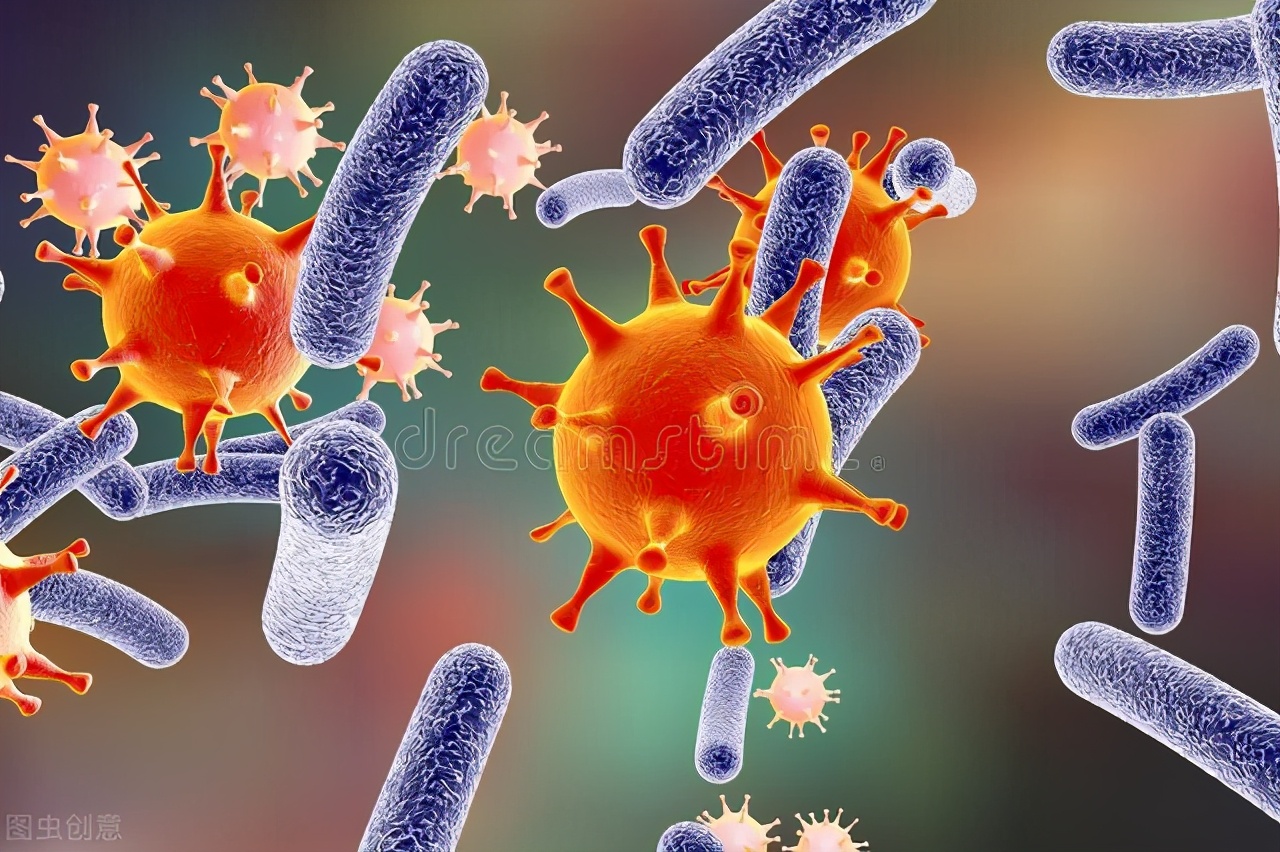
Resources in the desert are very scarce. Uninvited guests are often attracted near the corpse. Some carnivores will stare at the corpse and attack humans near the food when they are extremely hungry.
For your own safety, when you see dead camels in the desert, you must be very careful not to approach them with curiosity, so as not to cause disaster.
Nature’s “bomb”, the explosion of animal carcasses is not small
After the animal dies, the reproduction of bacteria is out of control. Bacterial spoilage will produce a large amount of gas. These gases will accumulate and expand in the body to a certain degree or are stimulated by external forces. The power of the explosion cannot be underestimated.
- Whales will explode if they die
The food that whales eat during their lifetime will produce a large amount of methane, ammonia and other gases after being digested by multiple stomachs . The internal microbial decomposition of the dead whale will also produce a large amount of spoilage gas. The pressure on the abdomen and intestine will increase. Once the explosion will cause the whale His blood and internal organs were scattered everywhere, like a sudden “blood rain” attack.
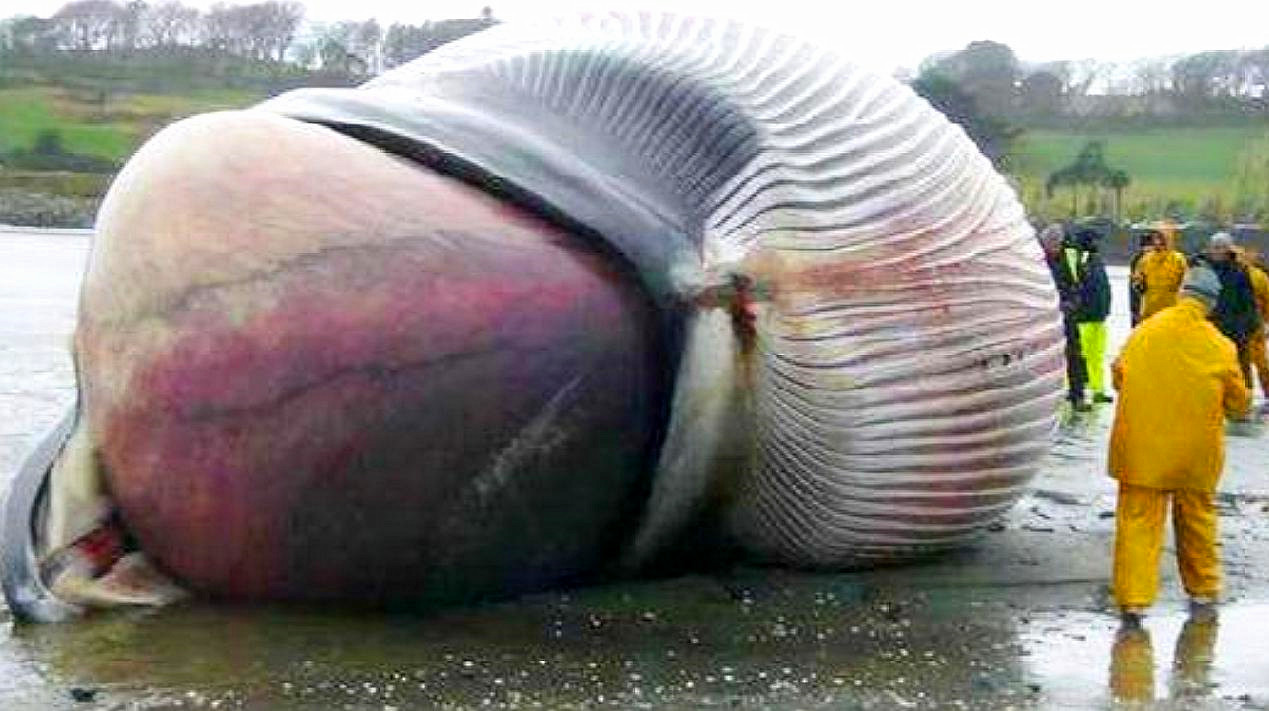
The stranded whale carcass is like nature’s “bomb” to humans. However, when a whale dies in the ocean, its carcass will eventually sink to the seabed at a depth of one thousand meters, feeding countless creatures, and then it will be born. A prosperous ecosystem.
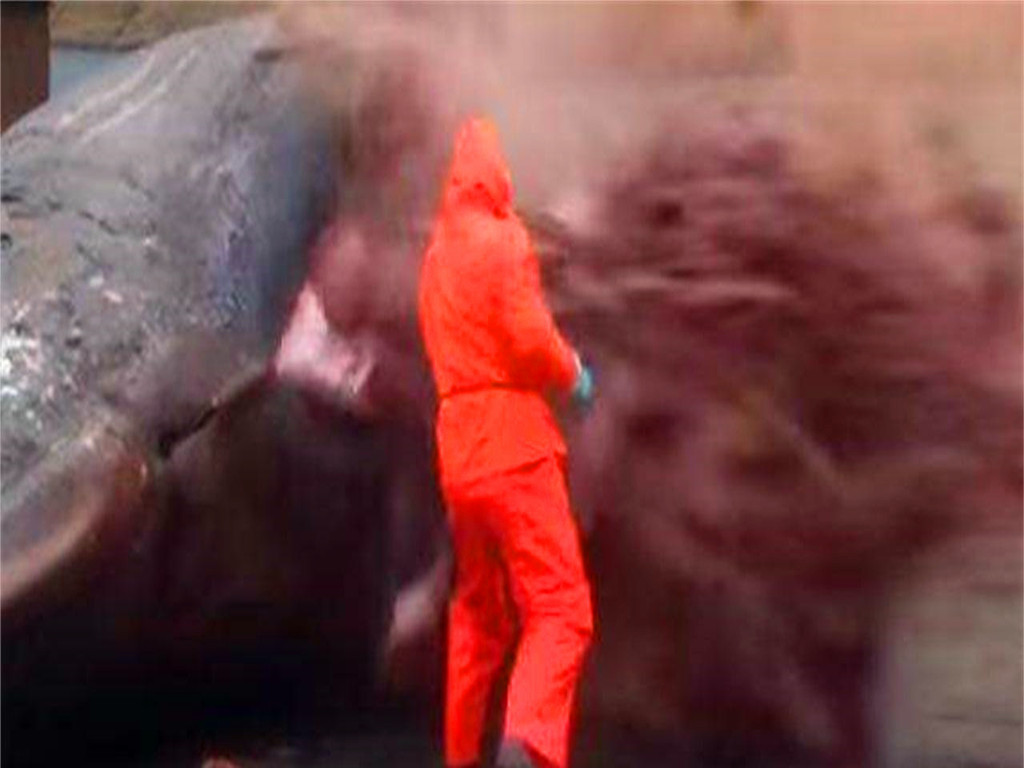
Biologists gave this process a beautiful name- whale falling , dead whale, in the next ten years, will still nourish all things in the deep sea.
- Don’t get close to the elephant carcass
Elephant corpses can also produce big explosions. If elephant corpses are found in the wild, it is best not to approach them, especially those with very swollen belly. After the elephant dies, the food in the body is too late to digest, and a large number of bacteria will ferment quickly inside, accumulating a large amount of explosive gas.
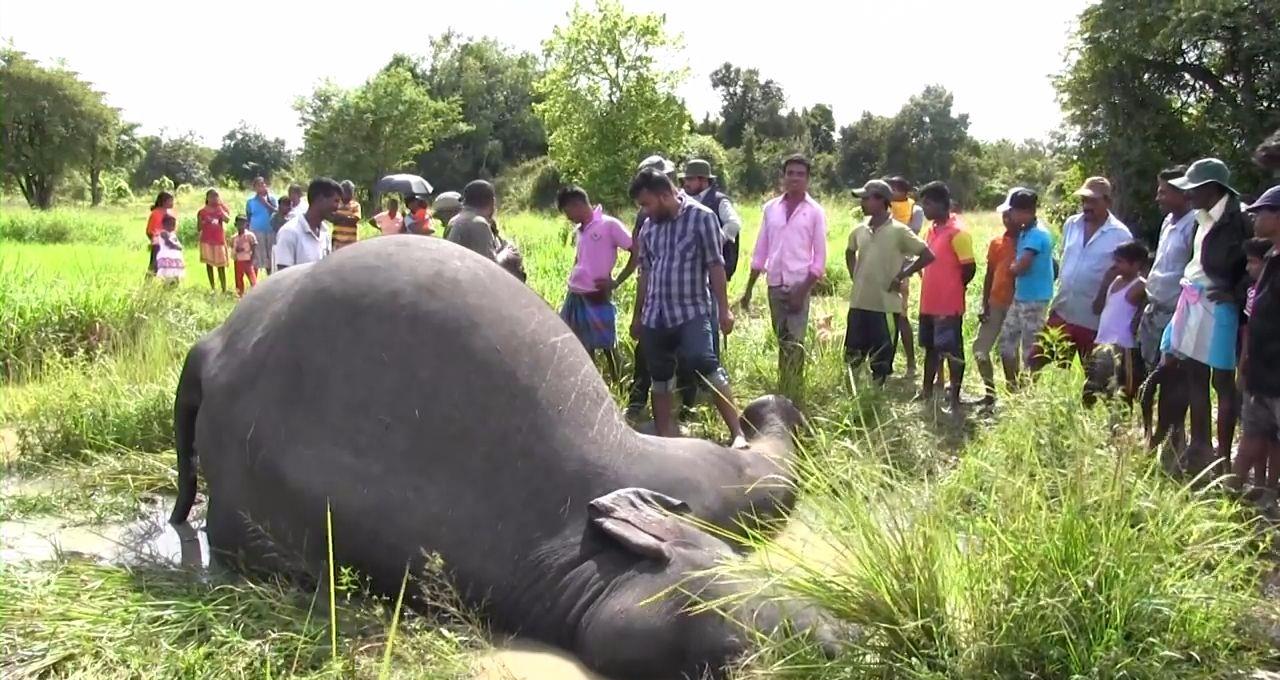
If the elephant’s carcass is moved or accidentally punctured, the carcass explodes like a deflated balloon, spewing out green liquid, which is also full of bacteria and other microorganisms.
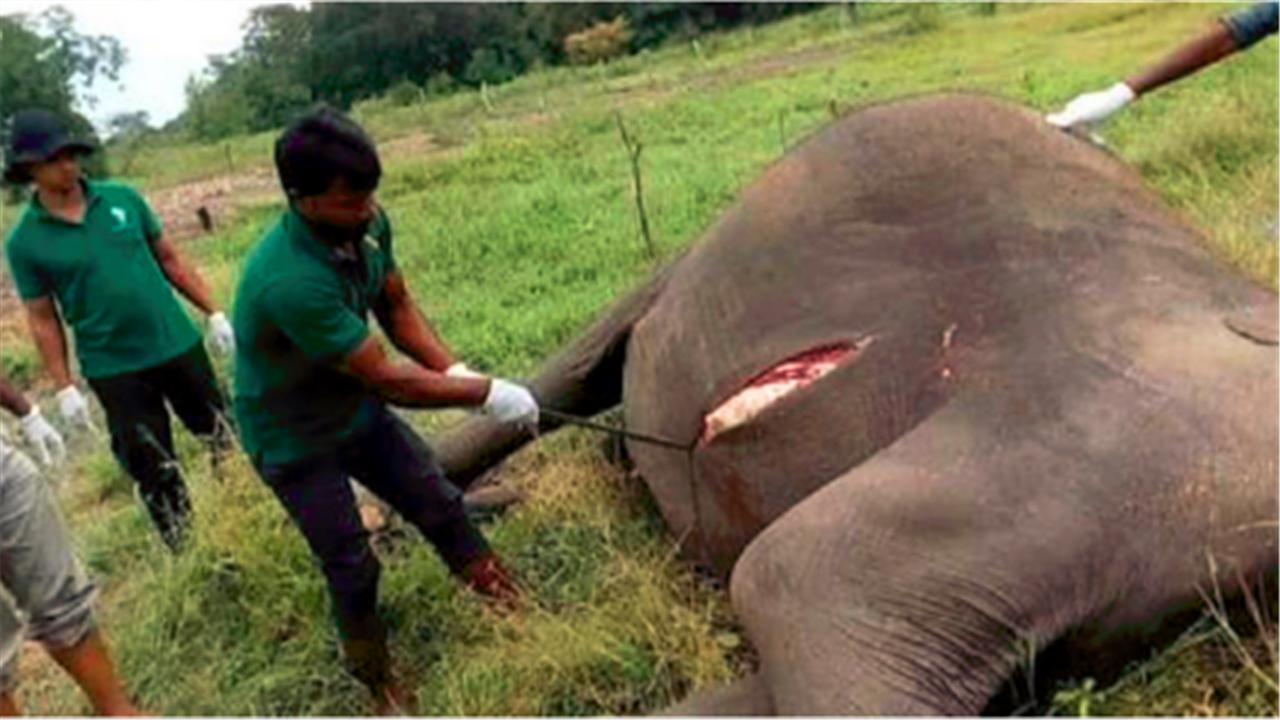
After most animals die, they will be decomposed by microorganisms, slowly decay, and will eventually be buried by soil. In the area where we live, it is generally difficult to see large animal carcasses.
However, if you go to the wild and encounter dead animal carcasses, you should be vigilant and it is best not to





